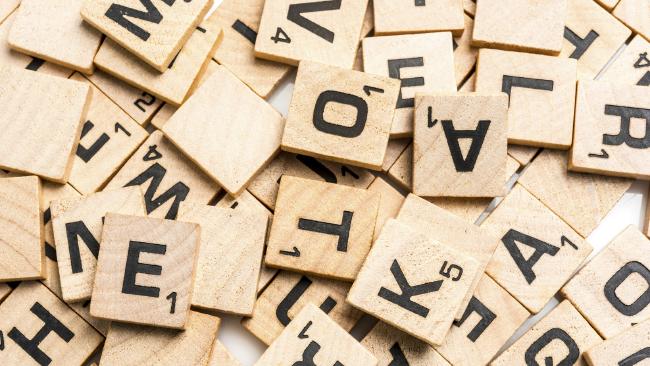How We Define Our Words
February 28, 2018
People say that our words can define us, but it is more apt, to say that we define our words. Over the centuries, the English language and culture have evolved and changed, and we as a society have refitted various words with newer definitions that are more relevant to the times. Such words generally are altered to become more despicable and vile in usage, however, some words can be made better or used in such a way that it (the word) can be seen as positive. Here are some of these famous, or rather infamous, words:
The word “gay” gets its roots from the Middle English word “gai,” meaning “happy” or “bright and showy.” These traits have been stereotypically applied to describe homosexuals since the 1960’s. This ancestral terminology was lost in the 1960’s when the word was popularized in its use to describe homosexuals, almost exclusively used to refer to homosexual men. The context of the word seems to have gradually changed over the decades in its inherent positivity, with the usage of the word in the 1960’s being meant as an insult, whereas in the 2010’s it is regarded as simply a definition of one’s sexual orientation and nothing more, the word now currently lacking it’s negative connotations that it once held.
While there are a multitude of words that could be put in this article that would inspire a more somber topic of discussion, it must be acknowledged that there are plenty of words in the English language that have a way less darker tone to their evolutions throughout history. One such word is one that is often used in many spheres of public relation with a myriad of meanings, “cool.”
The word “cool” is derived from the Dutch word “koel,” meaning “cold.” The word’s original meaning refers to an area’s temperature being mild or fair-weathered. This original meaning directly goes into it’s later additional meaning regarding one’s attitude with a common synonym to this meaning being “icy” or “smug.” However, the term evolved in the 1990’s with the Millennial generation to become the street equivalent of “rad” and “groovy” of the 1970’s.
There are many words that have been altered and changed over the decades, and perhaps the words listed in this article may change yet again in a year, a decade, or in thousands of years when our society’s very existence is lost to time. But our words only mean what they mean because we define them as what they are, not the other way around. Maybe in a few generations, “cool” will mean something dark and sinister and “gay” will be a wonderful word used in a positive light by all. Maybe none of that will happen. But only time will tell.


